Genotropin is a medication that contains human growth hormone (HGH) and is used to treat various conditions related to growth failure in children and
Genotropin is a medication that contains somatropin, a type of growth hormone. It is used to treat various medical conditions related to growth issues in children genotropinbuyonline and adults. Before considering the use of Genotropin, it is important to understand the indications and contraindications associated with this medication.
Indications refer to the specific situations or medical conditions where Genotropin can be beneficial and prescribed by healthcare professionals. In children, it may be indicated for the treatment of growth failure due to inadequate secretion of growth hormone, genetic disorders, or chronic kidney disease. Adults may be prescribed Genotropin for growth hormone deficiency resulting from pituitary tumors, radiation therapy, or other causes.
However, there are certain contraindications that must be taken into account before using Genotropin. Contraindications are factors or conditions that make the use of this medication potentially harmful or ineffective. For instance, individuals with active malignancies or a history of hypersensitivity to somatropin should not use Genotropin. Additionally, patients with closed epiphyses (growth plate closure) should avoid using this medication as it will not lead to an increase in height.
It is crucial to consult with a healthcare professional who can assess your specific situation and determine whether Genotropin is appropriate for you or your child. They will consider factors such as age, underlying health conditions, and potential risks and benefits associated with its use. Always follow the prescribed dosage and recommendations provided by your healthcare provider to ensure safe and effective treatment with Genotropin.
Indications and Contraindications of Genotropin
Genotropin is a synthetic human growth hormone (HGH) that is used to treat various medical conditions. It works by stimulating growth, cell reproduction, and regeneration in the body. However, like any medication, it has specific indications and contraindications that need to be considered before starting treatment.
Indications:
- Growth Hormone Deficiency: Genotropin is primarily prescribed to children and adults who have a deficiency of growth hormone. This condition can lead to stunted growth, delayed puberty, or other growth-related issues.
- Turner Syndrome: It is also indicated for girls with Turner syndrome, a genetic disorder that affects physical development and causes short stature.
- Chronic Renal Insufficiency: Genotropin may be prescribed to children with chronic renal insufficiency to stimulate growth and improve overall health.
- Short Bowel Syndrome: In some cases, individuals with short bowel syndrome, a condition where part of the intestine is missing or nonfunctional, may benefit from Genotropin therapy.
- Small for Gestational Age: Babies born smaller than usual for their gestational age may receive Genotropin to promote catch-up growth and normalize their height.
Contraindications:
- Allergy: Individuals allergic to somatropin or any other component present in Genotropin should avoid its use.
- Active Cancer: Genotropin is contraindicated in patients with active cancer. Growth hormone can stimulate the growth of existing tumors.
- Prader-Willi Syndrome: People with Prader-Willi syndrome, a genetic disorder that affects appetite, muscle tone, and development, should not use Genotropin due to the risk of developing sudden death.
- Severe Respiratory Impairment: Patients with severe respiratory impairment or who are experiencing acute respiratory failure should avoid Genotropin.
- Pregnancy and Nursing: The use of Genotropin during pregnancy or breastfeeding is not recommended unless specifically prescribed by a healthcare professional.
It’s crucial to consult a healthcare provider before initiating Genotropin therapy to ensure proper evaluation of indications, contraindications, and any potential side effects. Strict adherence to prescribed dosage and regular monitoring is essential for safe and effective treatment.

